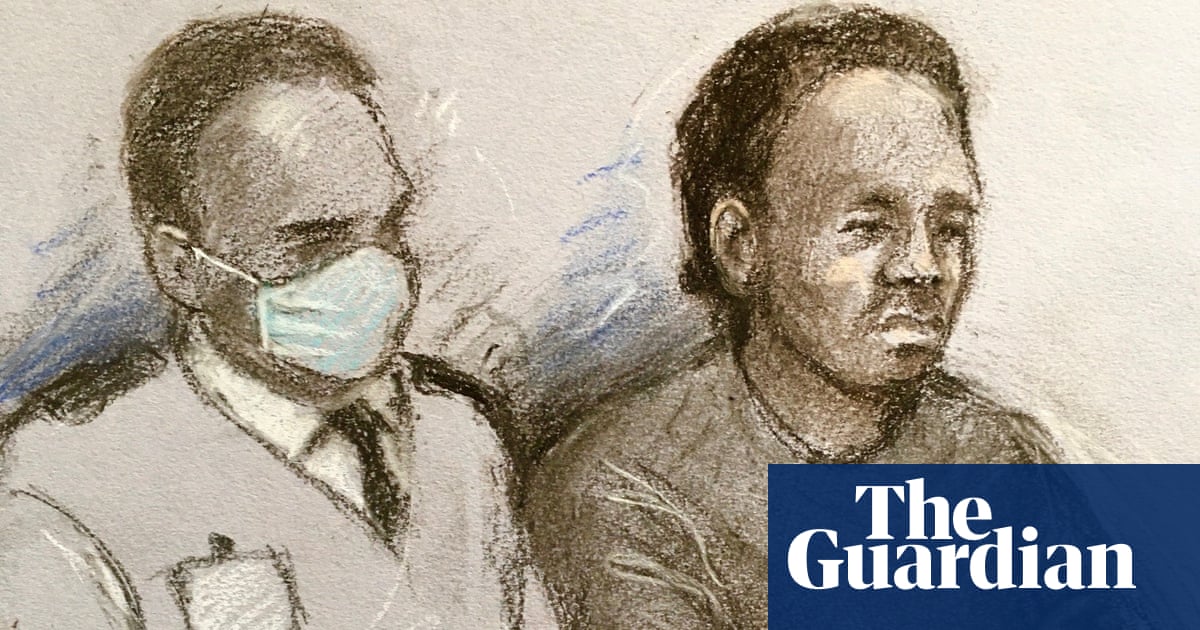
Ayaan Waeys was 36 when she died at St Thomas’ hospital in London after giving birth to her first child, a girl who was stillborn two months before her due date in 2022.
Her sister, Fowsiyo Ali Waeys, said there had been many signs that she was probably suffering from pre-eclampsia, a pregnancy complication, but she was not seen by a doctor at the hospital appointments she attended in the weeks before her death.
“She developed high blood pressure and also gestational diabetes. Her body was swollen. Every sign was there for pre-eclampsia. All of them, she had it,” said Fowsiyo. “I think if she had been seen by a consultant she wouldn’t have been discharged … It seemed like no one was worried about her; no one was flagging anything serious.”
On the morning of 2 November 2022, Ayaan woke up with abdominal pain and went to hospital, by which time she was in labour and she was taken for an emergency delivery. Her baby’s heart had stopped beating some time earlier.
She was bleeding heavily afterwards, but Fowsiyo claimed staff did not notice straight away.
“They didn’t even find out until my brother-in-law nearly fainted. He said the amount of blood on the bed was just really worrying, and then [Ayaan] started fainting,” she said.
“I spoke to her on the phone and she was really worried because of the bleeding, asking: ‘Will I lose my uterus? What will happen to me?’ Staff were telling her that she was fine but I said I was on my way, and by the time I got there she was in theatre, and she never came back.”
Ayaan was taken to intensive care but doctors said the bleeding was too extensive and she was placed in a coma.
Over the next two-and-a-half weeks the family battled with staff at St Thomas’ over her treatment. The family tried to resist doctors carrying out brainstem tests to determine whether they should continue providing life support; Fowsiyo said they wanted treatment to continue for as long as possible. Doctors eventually withdrew treatment on 16 November and Ayaan died.
Fowsiyo said the family were taking legal action against the trust over Ayaan’s treatment and potential missed opportunities to save her. She also claimed the family were not listened to by staff, and she felt they may have been treated differently because of their race.
“It was decided that I would do the talking on behalf of the family. I am a person of colour and with a hijab, and it felt like [the consultants’] demeanour totally changed when speaking to me,” she said. “It felt as if they were just doing what they wanted.”
Guy’s and St Thomas’ NHS foundation trust strongly deny that racism or discrimination affected Ayaan’s care or the way her family were treated.
The sisters were originally from Somalia, grew up in the Netherlands and moved to the UK, where they studied at college and university; Ayaan graduated with a first-class degree in business from South Bank University in London.
The pair were close and would talk on the phone for several hours a day. “Every break time at work, in the evening, in the morning when we wake up, we were always on the phone,” said Fowsiyo. “If I’m buying something, I will send her a picture and I would buy her things too because we were the same size shoes and everything.”
Her family were devastated by her death, and that of her baby girl, and are desperate for answers about what went wrong. “They couldn’t pinpoint anything – it was just pure negligence and pure discrimination, in my opinion,” Fowsiyo said.
An inquest will be held into the circumstances of both deaths, and the Health Services Safety Investigations Body is investigating.
Guy’s and St Thomas’ NHS foundation trust said: “The deaths of Ayaan and her daughter are a tragedy, and her family have our heartfelt sympathies. We are fully cooperating with the ongoing legal process so are unable to comment further.”











